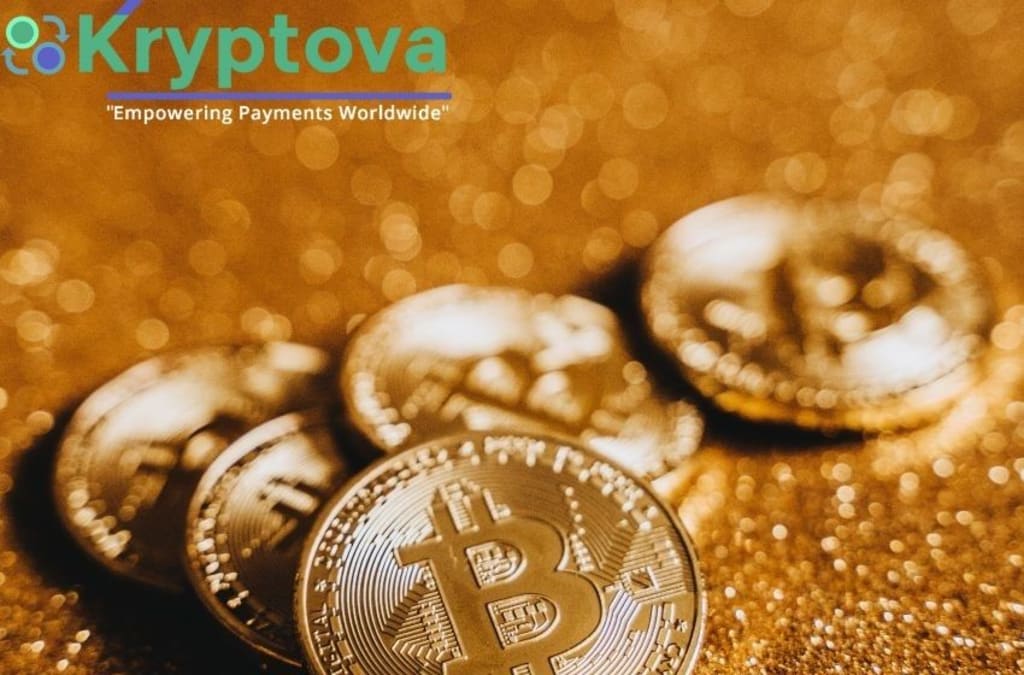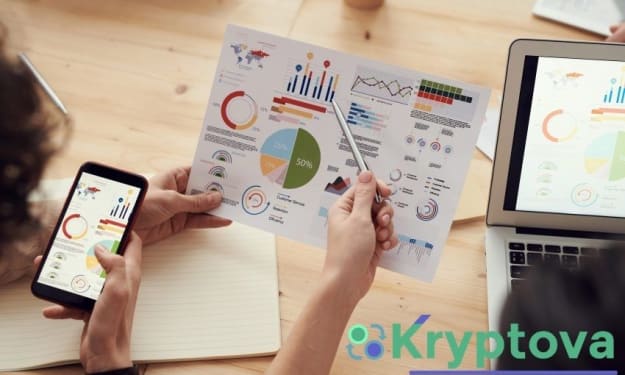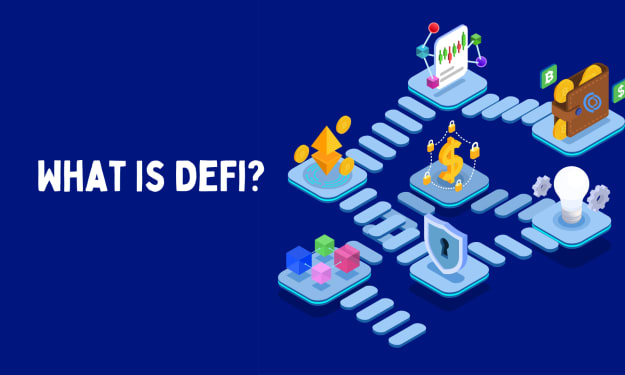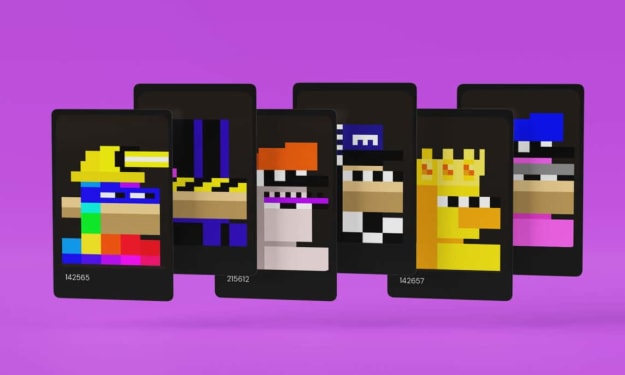Define Blockchain? What is the Role of Miners?
The term blockchain is often heard in context with banking, investing, or cryptocurrency. You may have heard about it in passing, but do you know what exactly blockchain is? And what is the role of miners? Let’s find out.

The term blockchain is often heard in context with banking, investing, or cryptocurrency. You may have heard about it in passing, but do you know what exactly blockchain is? And what is the role of miners? Let’s find out.
What is Blockchain?
Blockchain is a specific type of database where data is stored in blocks that are then chained together. It is decentralized so that no single person or group has control; instead, all users collectively retain control. All can view transactions that are permanently recorded.
Blockchain’s operations are spread across a network of computers. By doing so, it allows cryptocurrencies to operate without the need for a central authority. This not only reduces risk but also eliminates many of the processing and transaction fees.
What is the Role of Miners?
The role of miners in the blockchain is a crucial one. When a transaction is recorded on the blockchain, its authenticity must be verified by the blockchain network. A community of people around the world then competes to verify the transaction. This process of verifying the transaction is called blockchain mining and is performed by cryptocurrency miners. They do so by adding bitcoin transaction data to Bitcoin’s global public ledger of past transactions. In the blockchain ledger, they secure the blocks and connect them to each other, forming a chain.
Why is Blockchain Trending?
Blockchain has become one of the most talked-about tech trends of the last few years. A few reasons blockchain has become a hot topic are its integration with new-age technology, its reputation as the future currency, and its high demand. Another reason it has been trending is that it emerged as an alternative to cloud storage and helps store and save data securely in a decentralized network.
It can also give countries with unstable currencies or financial infrastructures a more stable currency with more applications and a more comprehensive network of individuals and institutions they can do business with, both domestically and internationally.
How is Blockchain Going to Affect Banking and Finance?
Perhaps no industry stands to benefit from integrating blockchain into its business operations more than banking. Traditionally, if you deposit a check on Friday at 6 p.m., you will likely have to wait until Monday morning to see that money got credited to your account. Even if you make your deposit during business hours, the transaction can still take 1-3 days to verify due to the number of transactions banks need to handle. But by integrating blockchain into banks, consumers can see their transactions processed within 10-15 minutes and can be considered secure after just a few hours. This is particularly useful for cross-border trades, which usually take much longer because of time-zone issues.
With blockchain, banks also have the opportunity to exchange funds between institutions more quickly and securely. Let us consider an example. The stock trading business can take three or more days to settle and clear all transactions. What it means to the companies is that their money and shares are frozen for that period. Given the sheer amount of money involved, even the few days that the money is in transit can carry high costs and risks for banks and businesses. Hence, integrating blockchain into banking will positively affect banks.
Advantages of Blockchain
1. Makes Transactions Safe, Secure, and Private
Although users can access details about blockchain’s transaction history, they cannot access identifying information about the users making those transactions as blockchain networks are confidential.
The blockchain network must verify the authenticity of transactions recorded. Thousands of computers on the blockchain rush to confirm that the details of the purchase are correct. After a computer has validated the transaction, it is added to the blockchain block. Each block on the blockchain has its own unique hash, along with the block’s unique hash before it. When the information on a block is edited in any way, that block’s hashcode changes. This discrepancy makes it extremely difficult for information on the blockchain to be changed without notice. Hence, transactions done on the blockchain are safe, secure, and private.
2. Removes the human involvement in verification, improving accuracy
Transactions on the blockchain network are approved by a network of thousands of computers. The process removes almost all human involvement in the verification process, resulting in less human error and an accurate record of information. Even if a computer on the network were to make a computational mistake, the error would only be made to one copy of the blockchain.
3. Transparent Technology
Most blockchains are entirely open-source software. This means that anyone and everyone can view its code. This gives auditors the ability to review cryptocurrencies like Bitcoin for security. It also means no absolute authority on who controls Bitcoin’s code or how it is edited. Because of this, anyone can suggest changes or upgrades to the system. If a majority of the network users agree that the new version of the code with the upgrade is sound and worthwhile, then Bitcoin can be updated.
4. Eliminates Third-party Verification
Typically, consumers pay a bank to verify a transaction. Blockchain eliminates the need for third-party verification and, with it, their associated costs. Business owners incur a small fee whenever they accept payments using credit cards, for example, because banks and payment processing companies have to process those transactions. Bitcoin, on the other hand, does not have a central authority and has limited transaction fees.
5. Difficult to Tamper With
Blockchain does not store any of its information in a central location. Instead, the blockchain is copied and spread across a network of computers. Whenever a new block is added, every computer on the web updates its blockchain to reflect the change. By extending that information across a network, rather than storing it in one single database, blockchain becomes more difficult to tamper with. If a hacker gets hold of a copy of the blockchain, only information on that copy would be compromised rather than the entire network.
If you are looking for a Merchant Account to accept Cryptocurrency Payments, it’s well worth opening an account with a crypto payment gateway website. It will make the process much easier if you want to add that option to your transactions. Book your demo today on Kryptova





Comments
There are no comments for this story
Be the first to respond and start the conversation.